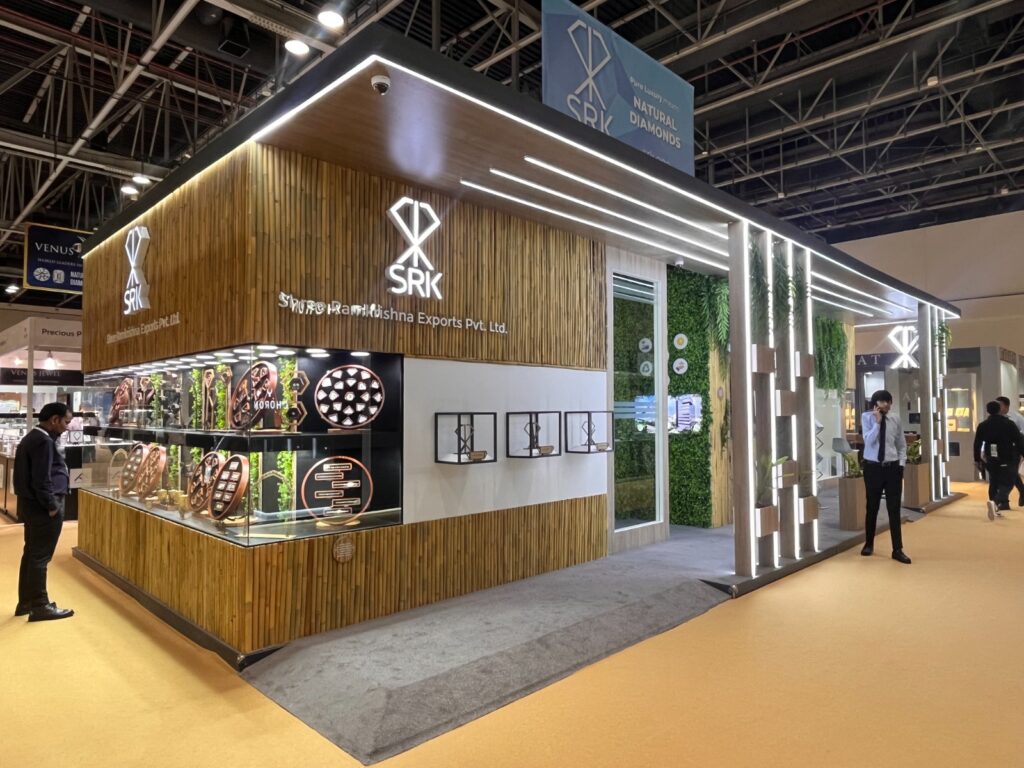Designing a functional modular kitchen involves careful planning, smart use of space, and an understanding of your unique cooking needs. A modular kitchen is made up of pre-designed units or modules, which can be customized to create a highly efficient and organized cooking space. The key to success lies in creating a layout that is both practical and visually appealing. Working with a modular kitchen company in Dubai can help you optimize every inch of your kitchen for maximum functionality.
Understand your available space:
Before you begin the design process, it’s essential to assess your available space. Measure the kitchen’s dimensions accurately and identify areas that need special attention, such as corners or tight spaces. A well-planned layout is the foundation of a functional kitchen. Whether you have a small kitchen or an open-plan space, the modular design allows you to make the most of the area by incorporating units that fit smoothly into the available space.
Plan the work triangle:
In kitchen design, the “work triangle” refers to the optimal placement of the three most important elements: the sink, the stove, and the refrigerator. The idea is to create a triangular layout that ensures smooth movement between these stations. In a modular kitchen, this can be easily achieved by selecting the right modules for each function. The layout should allow for easy access to all these important areas without unnecessary movement, making meal preparation more efficient.
Choose the right storage solutions:
Storage is one of the most important aspects of a modular kitchen. Increase your storage by selecting modular units that include features like pull-out trays, deep drawers, lazy Susans, and pull-down shelves. These features allow you to store utensils, pots, and pans in an organized manner, making everything easy to access.
Select durable materials:
Durability is a key consideration when designing a modular kitchen. Choose high-quality materials for both the modules and the finishes. For countertops, options like granite, quartz, or solid wood are excellent choices, as they are visually appealing and also durable and easy to clean. For cabinets, opt for sturdy wood or laminated finishes that can withstand everyday wear and tear.
Increase lighting:
Lighting plays an important role in a modular kitchen design. Proper lighting ensures that every area of the kitchen is well-lit and functional. Incorporate a combination of task, ambient, and accent lighting. For instance, under-cabinet lighting will illuminate countertops, while pendant lights over the kitchen island will add both style and functionality. Additionally, natural light should be increased if possible, making the kitchen feel brighter and more inviting.
